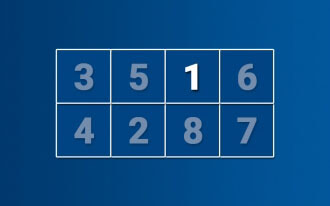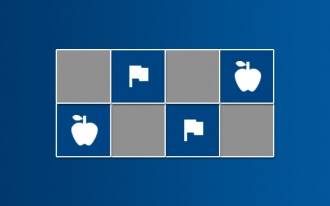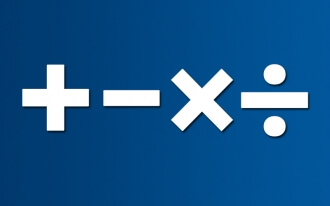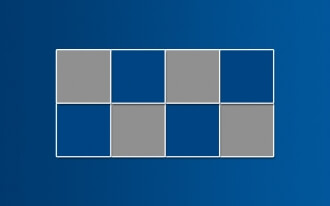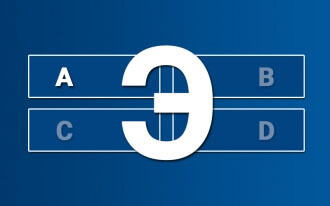- BRAINTRAIN |
- Trainers |
- Erudition Training
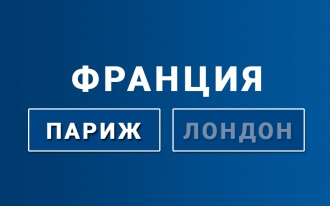
Difficulty: 150
Pair: Country - Capital
Enhances erudition, Develops intuition, Thinking speed
Train Read more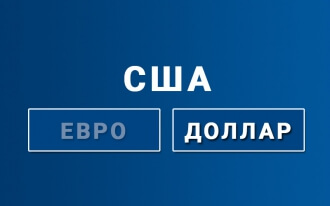
Difficulty: 160
Pair: Country - Currency
Enhances erudition, Develops intuition, Thinking speed
Train Read more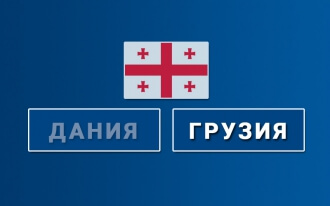
Difficulty: 140
Pair: Country - Flag
Enhances erudition, Develops intuition, Thinking speed
Train Read more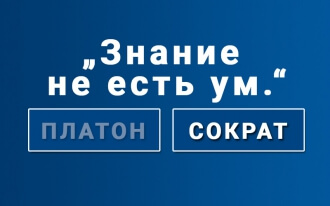
Difficulty: 150
Quote - Author
Enhances erudition, Develops intuition, Thinking speed
Train Read more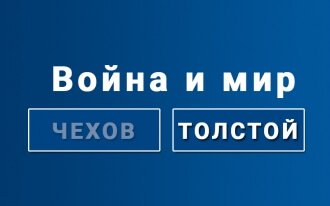
Difficulty: 150
Book - Author
Enhances erudition, Develops intuition, Thinking speed
Train Read more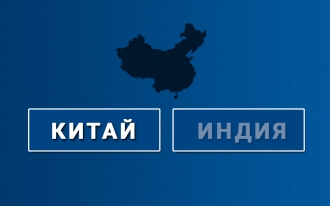
Difficulty: 170
Country Silhouette
Enhances erudition, Develops intuition, Thinking speed
Train Read more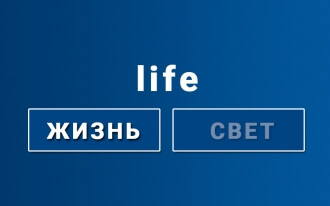
Difficulty: 180
English Vocabulary
Enhances erudition, Develops intuition, Thinking speed
Train Read moreErudition is rightfully considered an ancient concept, yet its significance remains relevant to this day. The definition of an erudite person is multifaceted, but it invariably includes education, or more often, self-education.
Eruditio is a Latin word meaning enlightenment or scholarship, and the concept of an erudite embodies the process of smoothing out the roughness of ignorance through the pursuit and comprehension of new knowledge. The distinction of this concept from mere education lies in the fact that an individual independently seeks new knowledge and enriches their repertoire diversely, rather than being content with a single course or direction.
Knowledge in many fields gives an educated person a sense of fulfillment and inevitably sparks a desire to apply this knowledge or, at the very least, compete with like-minded individuals and conduct self-analysis.
Diverse development is unlikely to bring practical benefits in a measurable material sense; it merely broadens one’s horizons and provides an opportunity to view phenomena and processes with greater understanding. Whether such a person can turn their knowledge into practical benefits depends solely on them.
Where to Seek Knowledge
Self-education always involves an individual search for information, its processing, and the acquisition of specific knowledge. Fortunately, there are countless sources of information:
- Books
- Scientific programs
- Journal publications
- Specialized forums
- Intellectual quizzes
- Online erudition games
The latter not only provide new diverse knowledge but also make the learning process engaging and non-tiring. This is, in a way, a gym for the brain, where information is maximally condensed and delivered in a short time. This method of acquiring knowledge is effective, though not as a primary source, as our brain cannot sustain high levels of stress for extended periods.
The Mozgotren.ru platform offers a dedicated section of trainers for developing erudition. Through special tasks, you can not only test your knowledge in various fields but also expand it with new insights. It’s also easy to organize an online competition with friends by inviting them to a multi-player game mode.
Seeking Surface-Level Knowledge for General Erudition
It is entirely impossible to have deep expertise in all known fields of science, nor is it necessary, as maintaining a conversation in any domain typically requires only a basic understanding of the topic, with only rare cases demanding an in-depth grasp of specifics.
For acquiring such foundational knowledge, mass media, scientific TV programs, certain social networks storing vast repositories of video content on various topics, and diverse erudition training games are suitable.
Such sources, in most cases, do not provide results of fundamental research or the full spectrum of theories; instead, they offer users knowledge presented in a concise, thesis-like manner without substantiation. Such claims should always be approached cautiously, and it’s preferable to rely on multiple sources that have not been compromised by false information.
Nevertheless, the fastest and least taxing option for the brain in terms of mass information consumption remains various quizzes and intellectual games. They can “pour” a wealth of information onto a participant in a minute, covering entirely different domains. Such pastimes are not only non-exhausting but also instill enthusiasm and excitement.
Deep Knowledge in Specific Topics
To acquire deep and fundamental knowledge, it is necessary to read specialized literature in the form of books, scientific publications, or discussions among passionate individuals on dedicated forums. It is impossible to “embrace the vastness” across all domains, so one should focus on questions that are of personal interest or particularly relevant in specific contexts.
For delivering niche information, specific terminology and vocabulary are often used, which must be familiarized with initially. Many invaluable books can be found in local libraries, and if the desired book is unavailable, it can be sought in online libraries, which are often free or nominally priced.
Popular print publications can also help elevate your level of erudition, but their selection should be approached cautiously, and it’s worth checking the opinions of other enthusiasts regarding their credibility.
Engaging in discussions on thematic forums not only provides knowledge but also allows one to catch modern trends and perspectives on specific issues.
What Does Erudition Offer the Modern Person?
Thoughts about training the mind and self-development are increasingly occupying people’s minds, and this is no coincidence. This trend is driven by the modern labor market, which becomes more volatile with each passing year. In the distant past, a person who acquired a trade skill could be confident in their future, but today’s in-demand individual must be prepared to change professions multiple times in their lifetime, often in very short timeframes.
A superficial understanding of many processes does not make one a universal specialist, but it provides a foundation for quickly switching fields of activity and expands the range of possible future endeavors.
Beyond practical benefits, erudition allows one to expand their social circle. Being an engaged and interesting conversationalist across various domains makes it possible to build a wide network of acquaintances, which is undoubtedly beneficial both practically and for enriching one’s own knowledge.
Erudition impacts your IQ score, as this test measures not just knowledge but the ability to solve proposed tasks unconventionally. Diverse experience across various fields can significantly simplify this challenge. The accumulated experience of generations can help you propose your own solution to a problem, grounded in factual knowledge and real-world examples.
